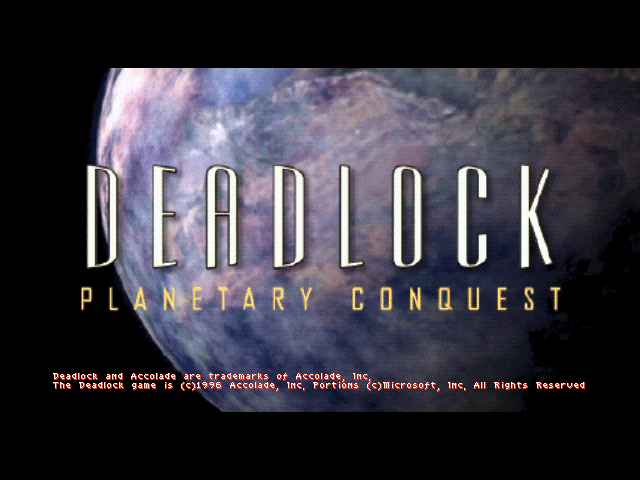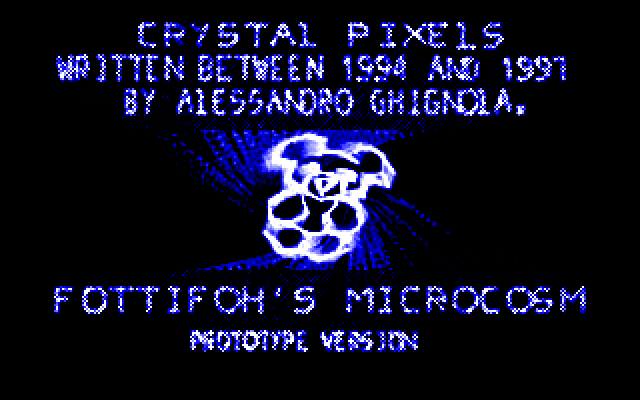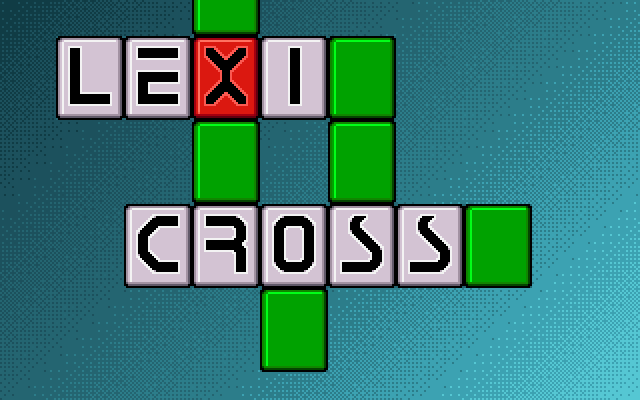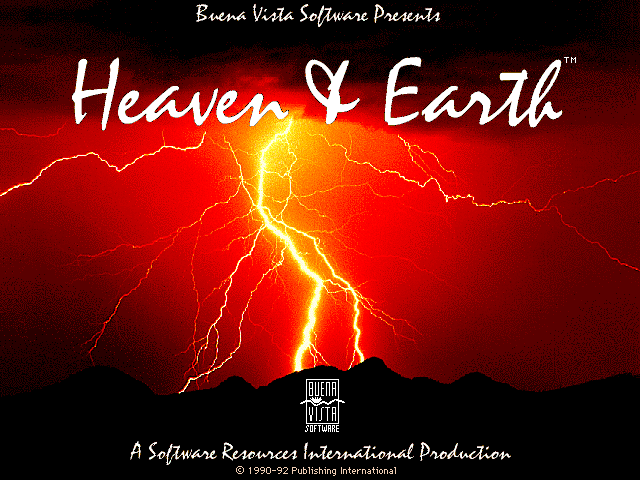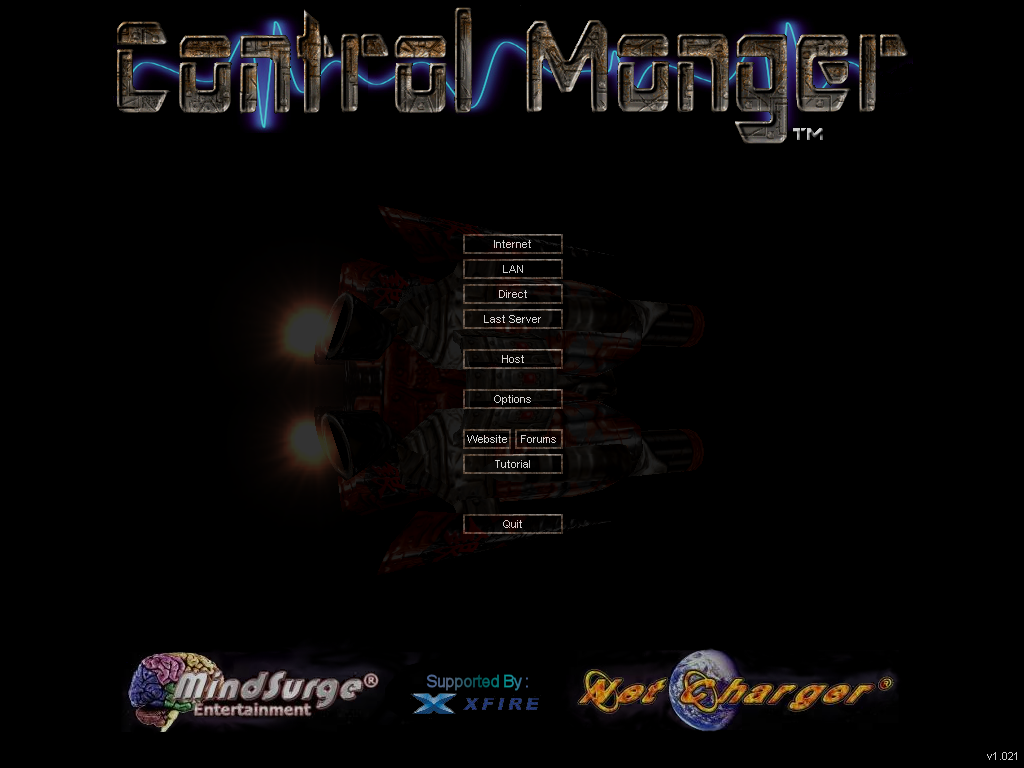
Control Monger was free, and then it was gone.
The game was a team-based multiplayer first-person shooter, one of many from the early-to-mid 2000s. Developed at accelerated speed by a group of volunteers, it was released for free in 2005. A few years later, the official website went silent, and the game and its community gradually disappeared.
It has a few clever ideas, incorporating territory control and base defense into the usual first-person shooter template. But to find out what this game was actually like, I had to play it with other people.
Last week, I invited a group of friends and readers to play two hours of Control Monger to get a feel for how it works with a big crowd. (The game can support up to 255 players, which would be a disaster, so we stuck with the default size of 16.) Since it’s unlikely that another large group will get together to play this game, I want to go into detail discussing our thoughts on the game’s strengths, weaknesses, and balance. And to learn more about its development, I contacted Clyde Bielss, one of Control Monger‘s producers. » Read more about Control Monger


